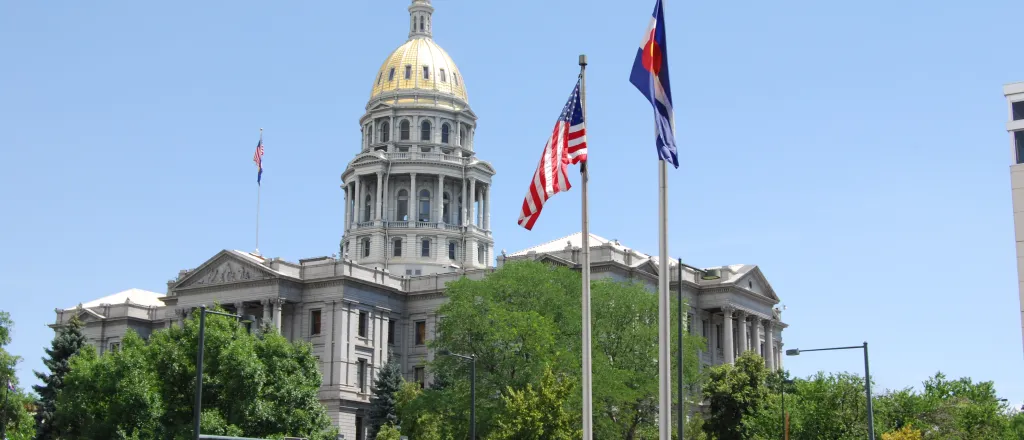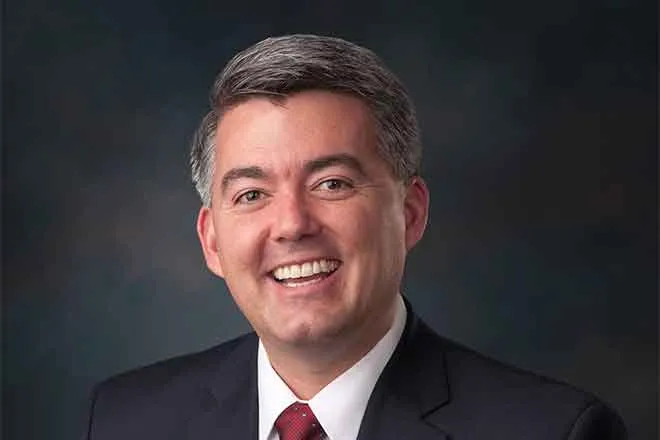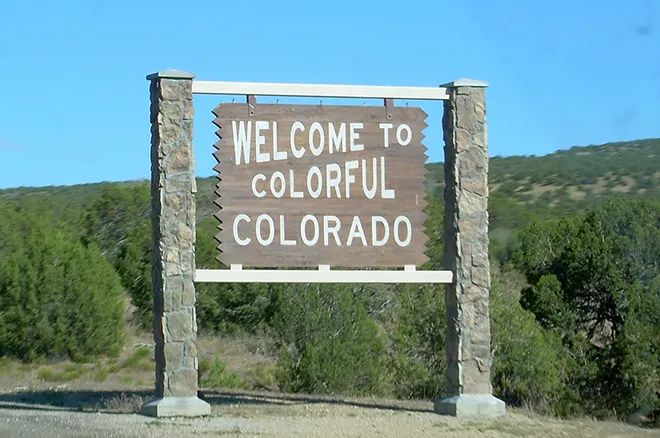
Mark Hillman’s Capitol Review - ‘It could have been worse’ is no consolation
When the Colorado General Assembly adjourned on June 8, small-business owners and job creators breathed a collective sigh of relief.
After suffering through COVID-related restrictions and closures for most of the previous 12 months, employers were hopeful that legislators would join in their efforts to help get the economy back on its feet.
Maybe legislators in another state, but not in Colorado in 2021.
Instead, when our neighborhood businesses were trying to reboot, they found themselves in the crosshairs of more than a dozen bills aimed at creating new opportunities for lawsuits or removing safeguards designed to protect against inflated claims.
This year, the legislature’s unstated but unmistakable message to business was, “Beatings will continue until morale improves.”
Six of the seven states that border Colorado have acted to protect their business owners from dubious COVID-related lawsuits. Nationwide, 33 states have enacted such laws, and Democratic governors in Kentucky, Louisiana, Michigan, Nevada, North Carolina, and Wisconsin proudly signed them.
Colorado legislators introduced two similar bills. Like many proposals, these efforts needed revisions to effectively accomplish their objective, but they were tailored to offer businesses the same protections state law already affords governments. However, unlike many bills that were given time for improvements, both of these bills were snuffed out in their first committee hearing.
Meanwhile, lawmakers introduced a litany of legislation creating new opportunities for litigation against businesses.
House Bill 1188 overturned a decision by the Colorado Supreme Court in Ferrer v. Colorado Cab. The court ruled that, once an employer has acknowledged its own liability for the injurious actions of an employee, additional claims against the employer for the same injury are “duplicative and unnecessary.”
Now that HB 1188 has been signed into law, plaintiffs’ attorneys will use it to inflate damage claims by picking apart, with 20/20 hindsight, everything an employer “should have done” better to train an employee.
Consider a 2014 case in which a fan attending a Kansas City Royals baseball game was struck in the eye by a hotdog thrown by the team mascot. The fan suffered a detached retina. Of course, the fan filed a claim for damages for his medical treatment, but he also sought additional damages by claiming the Royals had failed to train their mascot on how to “safely” throw hotdogs. Expect similar claims in Colorado.
Senate Bill 87 creates opportunities for employees of farmers and ranchers to sue their employers by, among other things, creating a legal presumption against the farmer or rancher. If the farmer or rancher cannot overcome the presumption that they unfairly retaliated against an employee, they face a minimum penalty of $10,000 per violation and must pay the employee’s attorney fees. Ironically, there’s no corresponding requirement for an employee who files a losing lawsuit to pay the employer’s attorney fees.
The unintended consequence of SB 87 will be that once a few farmers or ranchers suffer the cost of trying to defend against these lawsuits, word will spread that it’s better to replace employees with automated equipment whenever possible to avoid the risk of litigation.
Proponents were warned about this result, but they rejected less adversarial solutions in favor of more lawsuits.
Fortunately, lawmakers defeated several other bills that threatened still more litigation either against employers in general or against specific industries. But in most cases, sponsors of those defeated bills vowed to re-introduce them next year to fight for still more lawsuits against Colorado’s job creators.
Actually, there is one business that was treated exceptionally well this year at the State Capitol: plaintiffs’ lawyers.
Consumers and employers alike will pay a price for that for years to come.
Mark Hillman, a former Senate Majority Leader and State Treasurer, is executive director of Colorado Civil Justice League (www.ccjl.org).


















